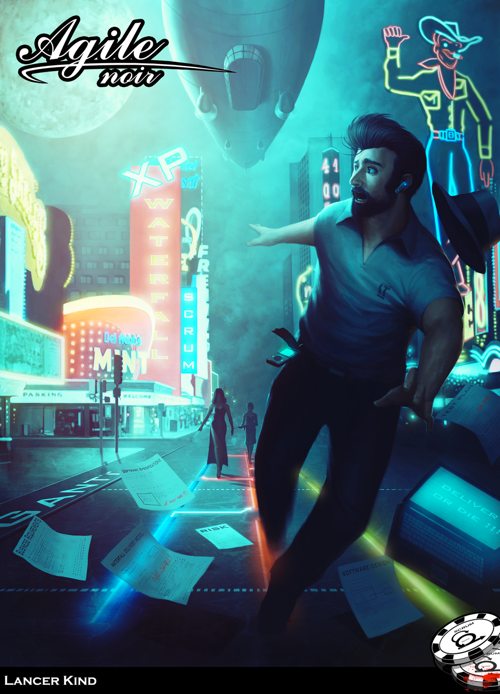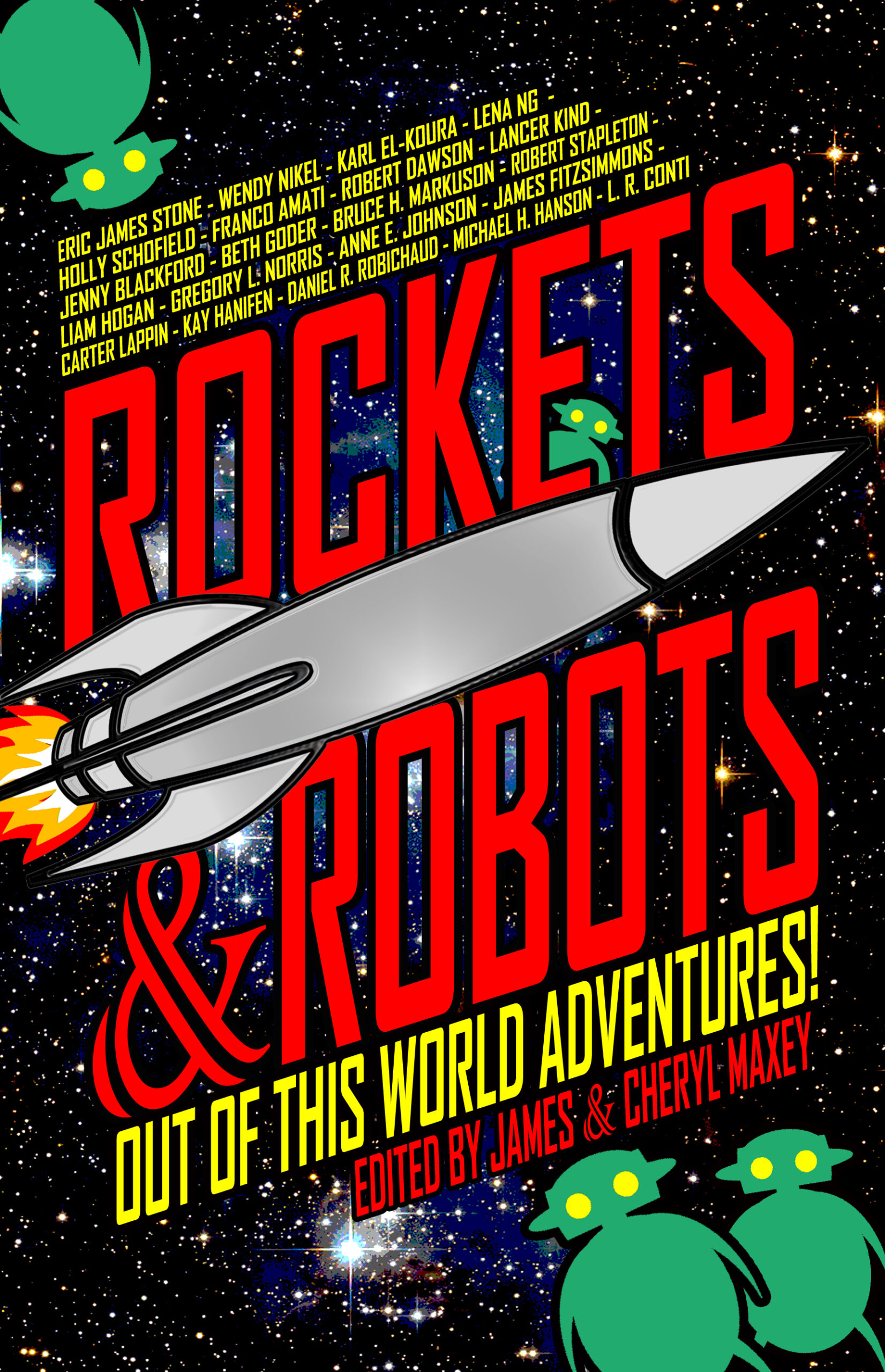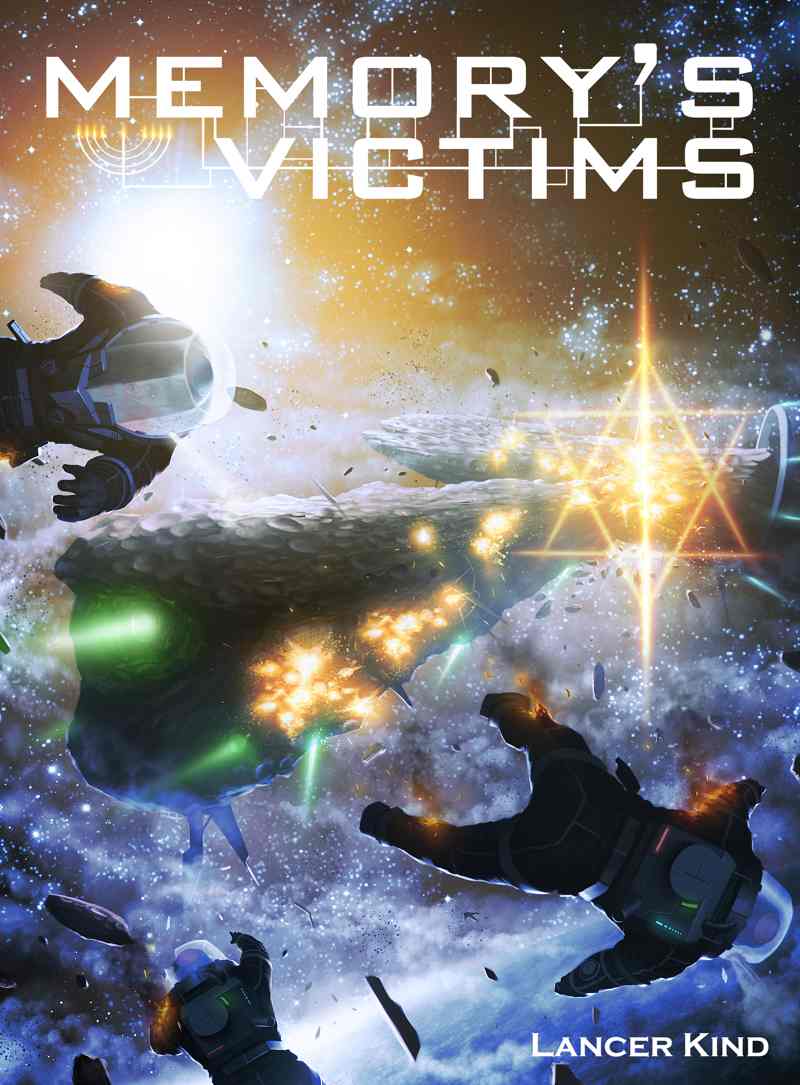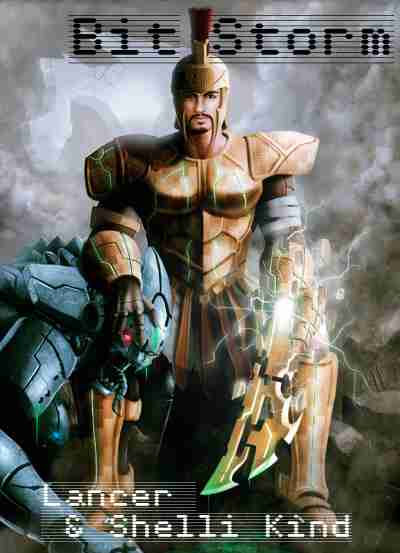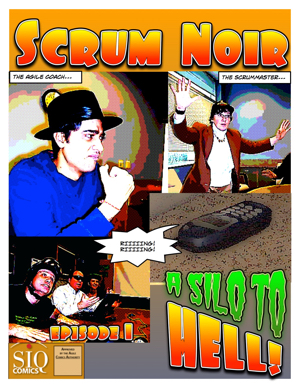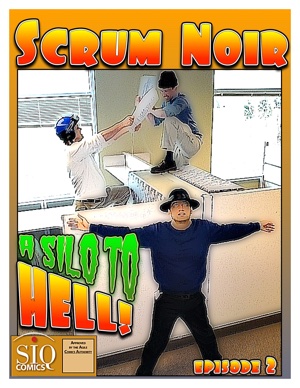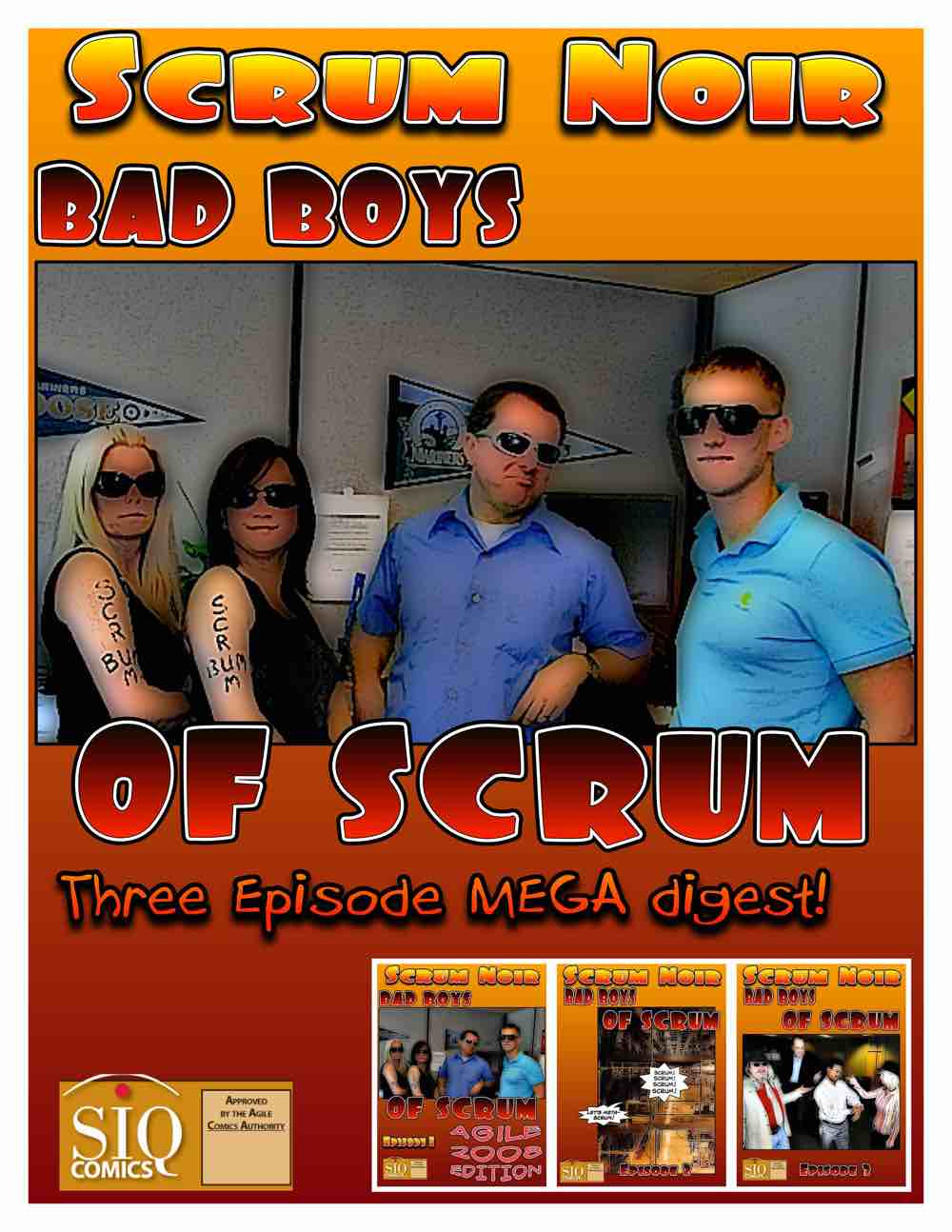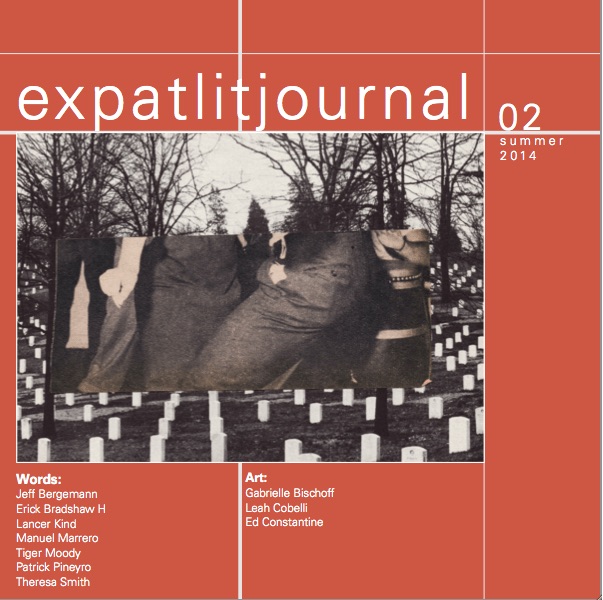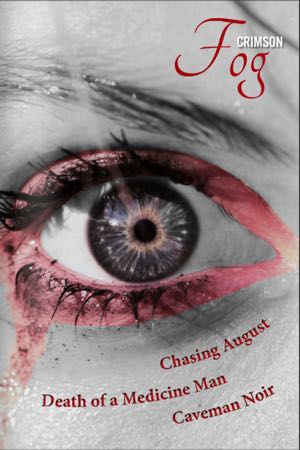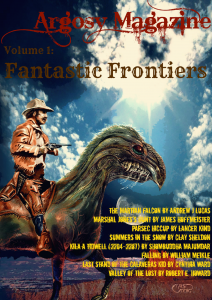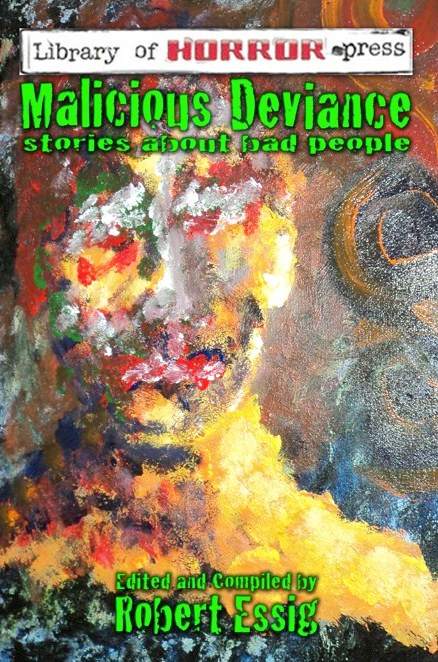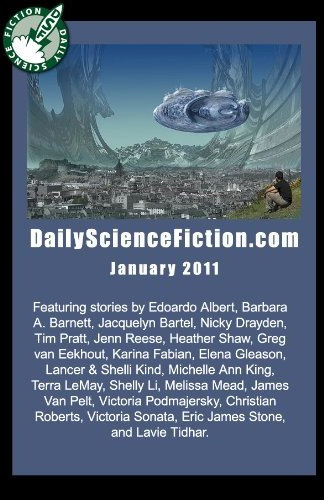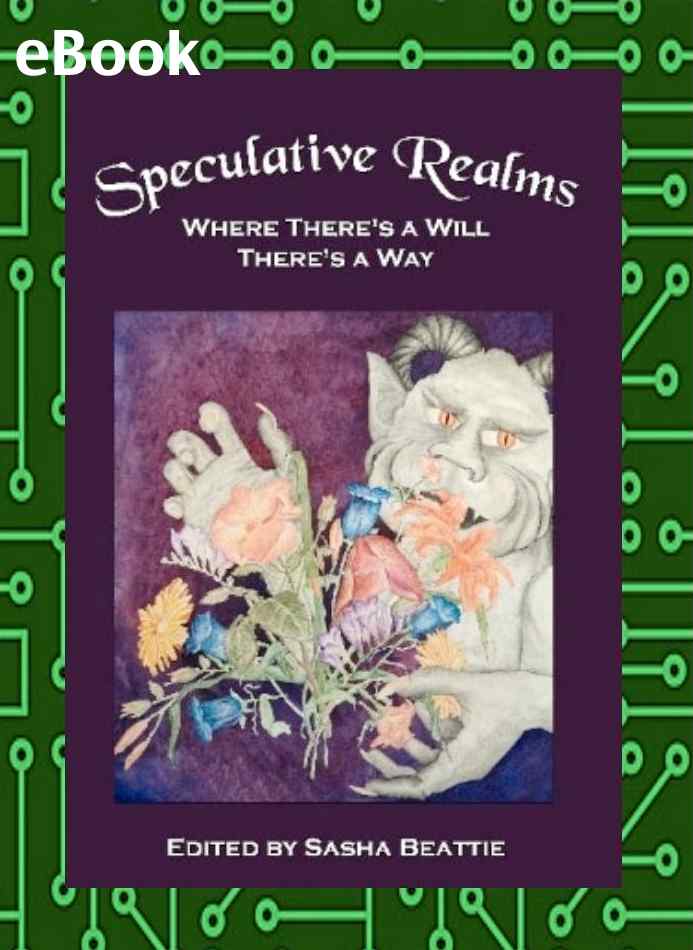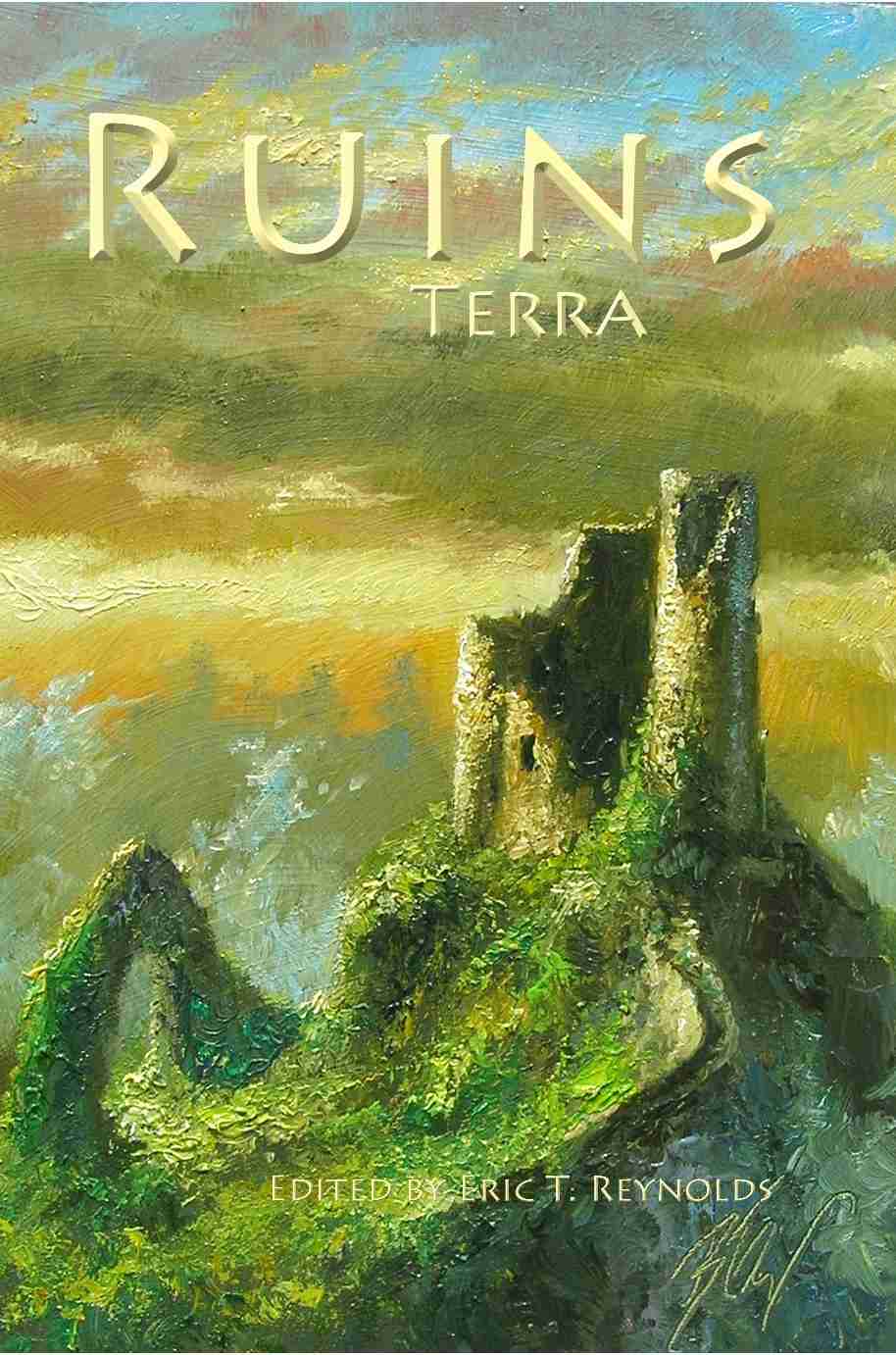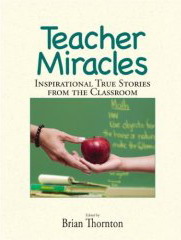
Maybe this is my personal problem. Maybe I’ve watched too much science fiction such as:
- Star Trek–I know I shouldn’t be racist because someone’s skin is a different color,
- Asimov’s BiCentennial Man and STNG (Commander Data)–I should treat sentient robots as equals, and
- Fox’s Space: Above and Beyond–“tanks” are nice people too (people genetically engineered and born in vitro).
Though the jury of science fiction entertainment is still out on whether genetic engineering will be used for good or to subjugate those that aren’t engineered. Personally, I think we just need to discuss this via market economics in that if it’s cheaply done at a massive scale, then the inequality argument goes away and the few don’t subjugate the rest, but I digress. 😉
In Star Wars: The Clone Wars, we see the Jedi fighting along side the clones that are the spawn of cool-ass mercenary, Bobo Fett. And he doesn’t have to pay child support.
This week, I saw this flick for the first time, and what I saw was a little shocking: those very nice Jedi treating the clones like they were no better than the robot armies they were fighting. (Well, those robots do seem sentient in a cute kind of way, but either way, both groups were being treated as slaves. But all robots are treated as slaves in the Star Wars Universe. They go around referring to people as “master.”)
So this all implies the characters in the Star Wars Universe are less enlightened than those of us on good ‘ol Earth. I don’t know why…. Did they not watch or read as much science fiction as a person does on Earth to know that sentience goes beyond the boundaries of being a cool-ass Jedi? I know Space Opera is about Colonialism and Elitism, but come on! Did not young Ani, in between pod races, read some books about humanity between sentient beings?
And this movie will be watched by untold millions of children. What message is Lucas trying to leave them with? What happened to wise Yoda? At no point does Yoda launch into a PSA about how clones each have names and that they are individuals too, or that the clones should unionize and demand equal treatment. In fact, Yoda tells Obi Wan that he hopes that Anakan learns to let go of his people, referring to Anakan caring too much about the lives of his clone friends.
 It is all very strange to me to see this genre from which I usually get a very clear dialog about being moral, but in this case, perpetuates dehumanization of sentient clones (and robots). Perhaps this is why the Republic falls and the Jedi fall; the elitist meme brings out such a flaw that they come crashing down. Or maybe Lucas saw the discussion on Clerks about the death of the Death Star contract labor force and said to himself, “I’ll give those fictional guys something to bitch about.”
It is all very strange to me to see this genre from which I usually get a very clear dialog about being moral, but in this case, perpetuates dehumanization of sentient clones (and robots). Perhaps this is why the Republic falls and the Jedi fall; the elitist meme brings out such a flaw that they come crashing down. Or maybe Lucas saw the discussion on Clerks about the death of the Death Star contract labor force and said to himself, “I’ll give those fictional guys something to bitch about.”
While as a five year old, I wanted to live the Star Wars vision. As an adult, I see the story lacks a liberal leaning, which ads to the universe’s foreignness. Is this an unintended side-affect of striving for a Space Opera tone?
I’d love to hear others comment on this…. I don’t believe Space Opera has to be colonial or elitist, but those elements make it easy to recognize.

 I’m not in love with the term “alternative” but it works for me when I think about music–a different sound than what is usual for the mainstream media. Of course many a smart-aleck will say, “If the alternative music genre goes too mainstream, what do you call it then?” I call it evolution!
I’m not in love with the term “alternative” but it works for me when I think about music–a different sound than what is usual for the mainstream media. Of course many a smart-aleck will say, “If the alternative music genre goes too mainstream, what do you call it then?” I call it evolution!
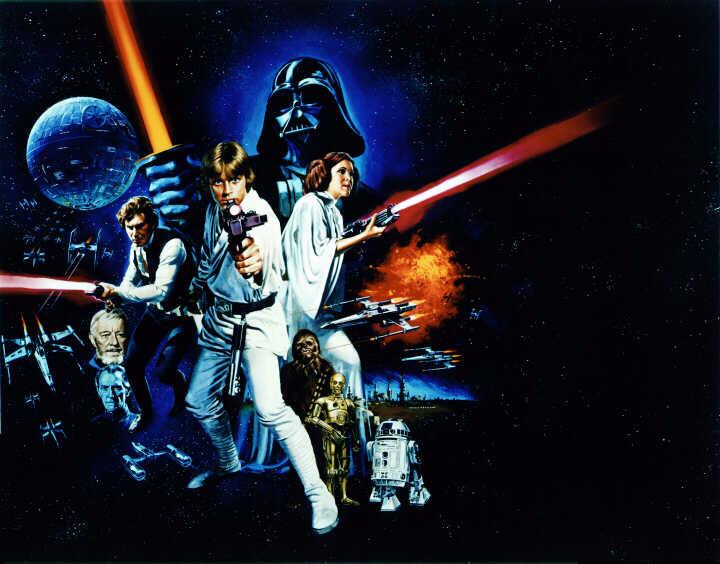


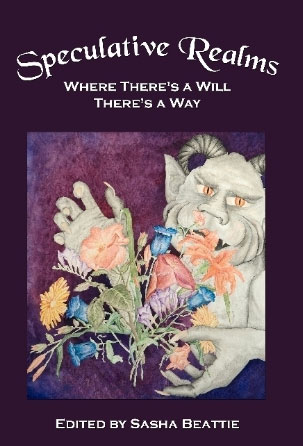


 It is all very strange to me to see this genre from which I usually get a very clear dialog about being moral, but in this case, perpetuates dehumanization of sentient clones (and robots). Perhaps this is why the Republic falls and the Jedi fall; the elitist meme brings out such a flaw that they come crashing down. Or maybe Lucas saw the discussion on
It is all very strange to me to see this genre from which I usually get a very clear dialog about being moral, but in this case, perpetuates dehumanization of sentient clones (and robots). Perhaps this is why the Republic falls and the Jedi fall; the elitist meme brings out such a flaw that they come crashing down. Or maybe Lucas saw the discussion on 